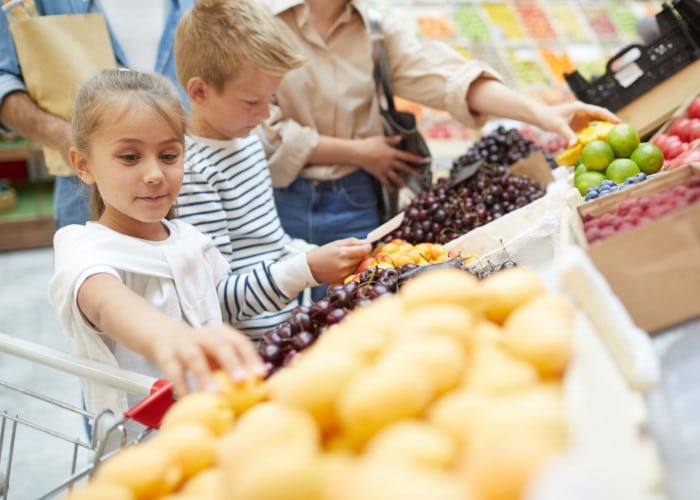In a groundbreaking move, Rhode Island is taking bold steps towards ensuring that local families with SNAP benefits have access to affordable and nutritious food. Thanks to the Farm Fresh Rhode Island initiative, launched to ensure more people in the state to access to locally grown produce than ever before. The initiative comes at a critical time, as the cost of food continues to rise, leaving nearly one in three Rhode Island households struggling to put enough food on the table, according to a report by the Rhode Island Community Food Bank.
With $812,000 in federal funding secured to the project, the initiative will enable 100 local farms and 15 farmers markets to accept electronic payments through SNAP and WIC benefits, making it easier for low-income families to purchase fresh produce. Additionally, the funding will be used to improve access to fresh produce by making SNAP ordering and food pantry purchasing available online.
Expanding the SNAP benefits for a better nutrition and overall health
The Farm Fresh RI initiative also seeks to expand its Hope’s Harvest program, which collects unharvested fruits and vegetables that would normally go to waste and distributes them among local food pantries and nonprofits. Senator Reed emphasized the importance of this program, stating that it provides a new market for growers to sell their produce, while also helping those in need.

At the initiative’s launch event, Senator Reed joined Farm Fresh RI and other local organizations in celebrating the initiative’s goal of making access to fresh produce “simple” and “affordable” for everyone. The event also highlighted the inspiring work of Edith Paye and her daughter Nell, who came to Rhode Island from Liberia in the 90s and now farm traditional West African crops to help feed hundreds of local families.
Learn to properly store your SNAP fresh produce in your pantry and fridge to keep it longer
Sometimes you score some good deals at the farmers’ market, and you go back home with a bunch of fresh produce with the intention of cooking up a storm, but you’re concerned about how to keep it longer. It’s a common problem, and one that can be easily avoided with proper food storage techniques.
The first step to proper food storage is understanding which items should be refrigerated and which ones should be kept at room temperature. Some fruits and vegetables, like bananas, tomatoes, and onions, can actually be harmed by refrigeration, while others, like leafy greens and berries, benefit from the cool temperatures.
Once you know which items should be refrigerated, you have to store them correctly. Keep fruits and vegetables separate, as many fruits release a gas called ethylene that can cause vegetables to spoil faster. Use crispers or other containers to organize your produce, and try to avoid overcrowding, as this can lead to moisture buildup and spoilage.
Finally, for successful food storage is understanding the shelf life of different items. Some fruits and vegetables, like apples and carrots, can last for weeks if stored properly, while others, like berries and lettuce, need to be used within a few days.